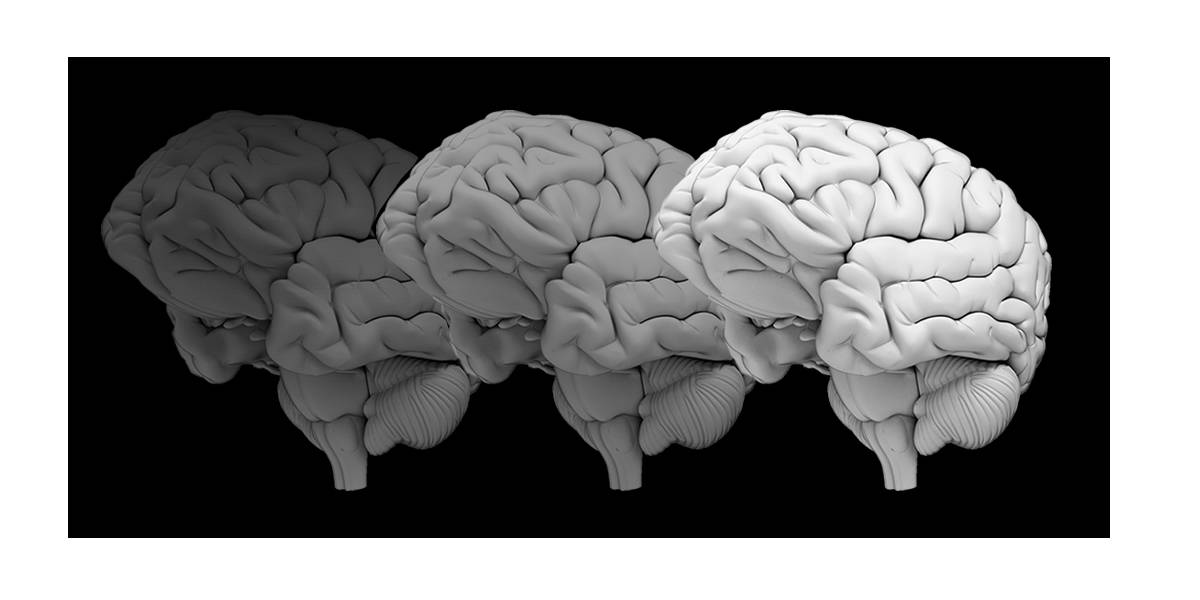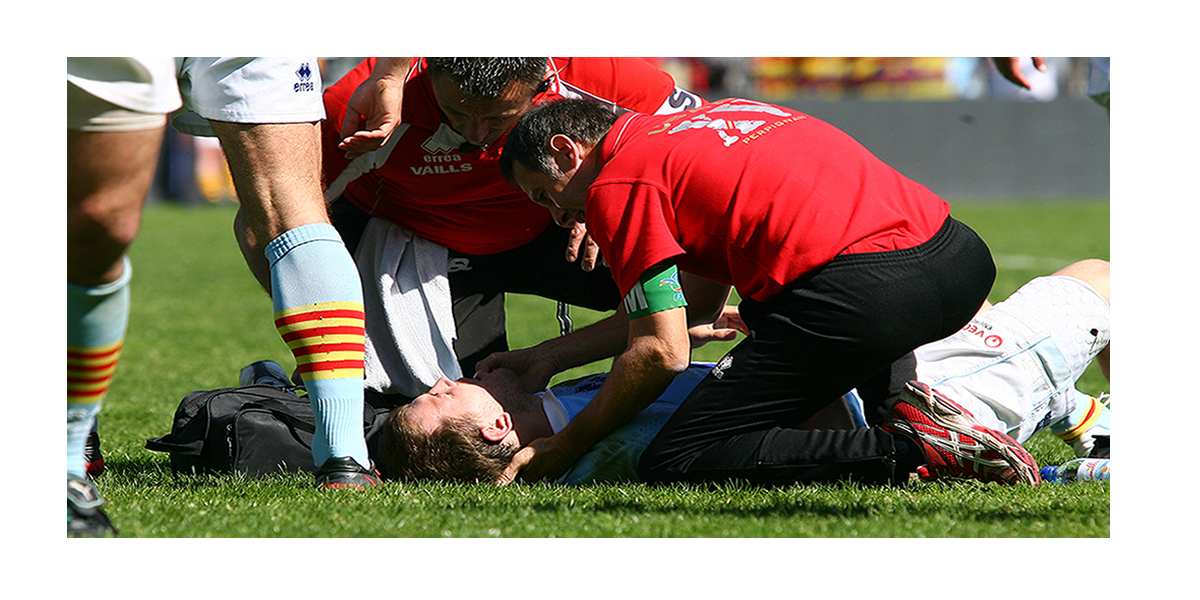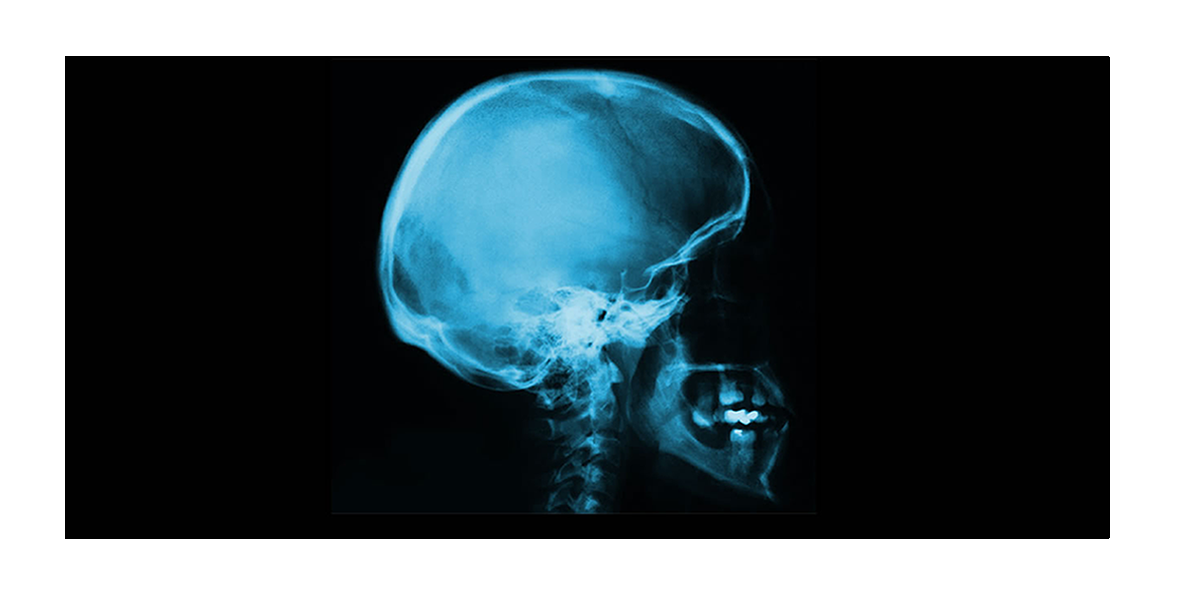|
Man permanently brain injured at hands of RCMP sues police officer and the province BC Civil Liberties Association Posted on January 20, 2014 VANCOUVER – On Friday, Robert Wright, a 49 year old First Nations man from Terrace who received a disabling brain injury at the hands of police, filed a civil lawsuit against the RCMP constable who allegedly assaulted him while he was in custody. The provincial government, who is responsible for policing in BC, is also named in the suit. The lawsuit was brought on his behalf by his wife, Heather Prisk-Wright, as his litigation guardian. The lawsuit alleges that RCMP Constable Brian Heideman assaulted and battered Mr. Wright, used excessive force in dealing with him, and was negligent in dealing with him while he was in custody, including failing to properly de-escalate the situation with Mr. Wright. It states that Const. Heideman threw Mr. Wright to the ground in the RCMP holding cells in Terrace, and then dragged him and kneeled on him while he was unconscious. The lawsuit alleges that other officers in the Terrace RCMP detachment failed to protect Mr. Wright. These allegations have not been proven in court. “Robert Wright was tragically and permanently injured when he was in the care and custody of the police. The Crown decided that it would not try to hold the officer involved criminally responsible for his actions, so now Mr. Wright himself is asking the court to hold the officer and the government legally responsible for his terrible injuries,” said Josh Paterson, Executive Director of the BC Civil Liberties Association. “Even when a person is not fully cooperating with police, the police must deal with that person in a way that won’t leave him brain damaged for life. This lawsuit may shed light on what happened to Mr. Wright at the hands of police, and it may result in someone finally being held responsible.” On April 21, 2012, Mr. Wright, a construction worker taken into custody in Terrace cells after his wife called police for assistance. A five page report released by the BC Criminal Justice Branch outlined that Robert Wright visited hospital three times and hit his head twice while in police custody. The report stated that Mr. Wright was being uncooperative with police. In one of the two incidents, Wright was handcuffed and kneeling, facing the wall and being searched by three police officers when he was “taken” to the ground by one of the officers. Wright sustained a head injury requiring twelve stitches and causing a traumatic brain injury. He had to be taken by air ambulance for emergency life-saving surgery in the lower mainland of BC, where he lay in a coma for 10 days. He remains seriously brain injured and suffers significant memory issues making independent living impossible. The New Westminster Police Department investigated the case and recommended charges against at least one police officer; however, the regional Crown in New Westminster declined to approve those charges and proceed to trial. In declining to approve charges, the Criminal Justice Branch relied on a use of force expert report, surveillance video and audio, none of which have been publicly disclosed. In November 2012, the BC Civil Liberties Association and the Union of BC Indian Chiefs called for the province to appoint a special prosecutor to review whether criminal charges should be laid. The BC government did not act on this request. “This case is just one of far too many in which First Nations people have been dealt with brutally by police in this province,” said Grand Chief Stewart Phillip of the Union of BC Indian Chiefs. “Time after time, we see our people being grievously injured and killed at the hands of police, and the families and communities get no justice. The Crown refused to charge the officer who assaulted and disabled Robert Wright even though police recommended charges. Now it’s up to Robert Wright himself, and his family, to find justice. It is a travesty that people who are seriously injured by police need to do the work themselves and file lawsuits in order to ensure that police are held accountable.” Grand Chief Phillip and Mr. Paterson visited Mr. Wright in Terrace in March 2013. Robert Wright continues to live with disabling brain injuries in Terrace in the full-time care of his wife, Heather Prisk-Wright. Mr. Wright’s lawsuit has been filed by his lawyers at Murphy Battista LLP in Vancouver.
|
Man permanently brain injured at hands of RCMP sues police officer and the province
|
Man permanently brain injured at hands of RCMP sues police officer and the province
|








